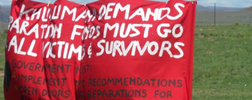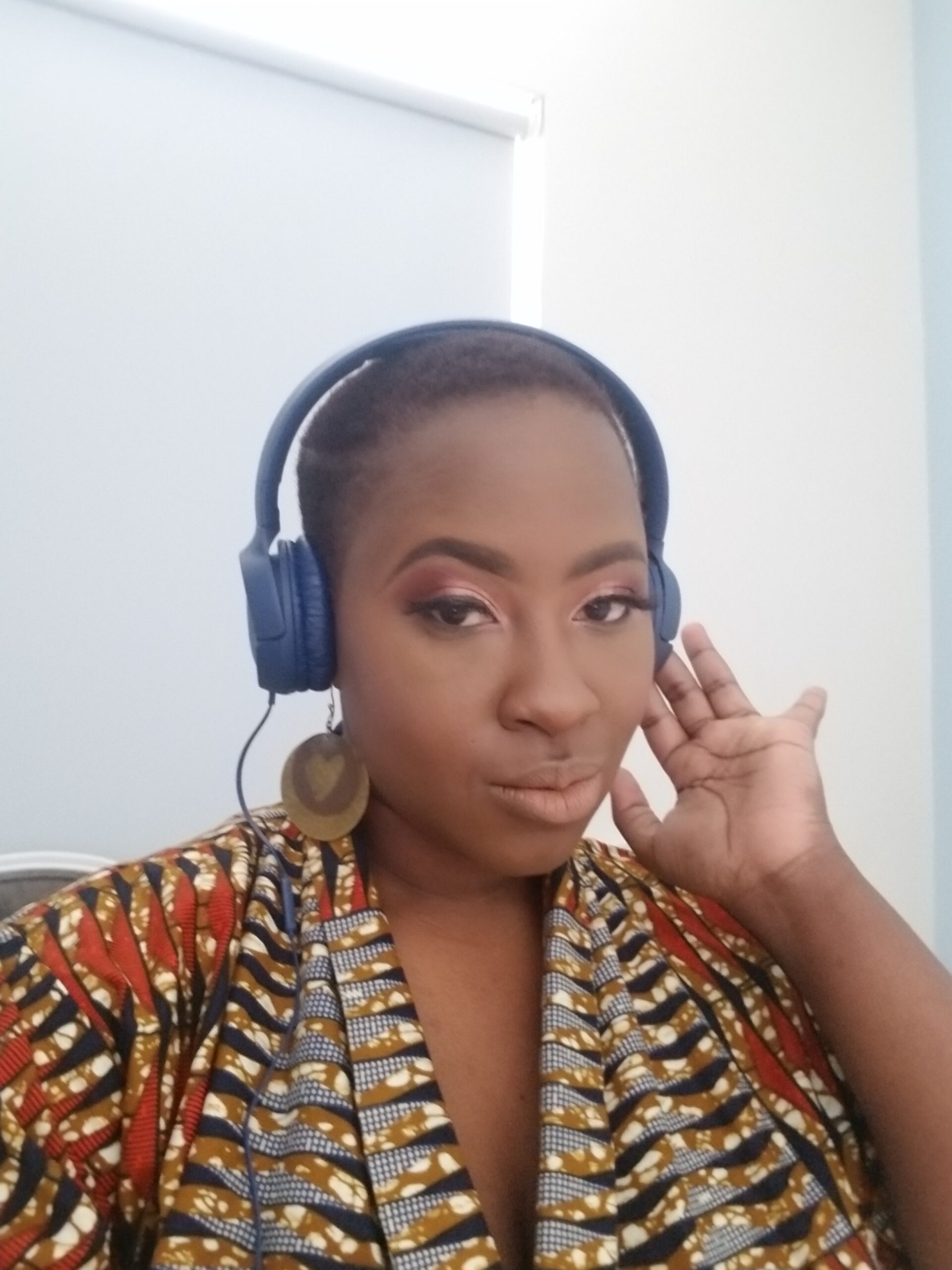The Constitution, in its preamble, states that we need to “heal the divisions of the past and establish a society based on democratic values, social justice and fundamental human rights”. We therefore adopted the theme “a better life for all” as our driving vision to transform our society and eliminate the inequities of the past. […]
apartheid
The unfinished business of the TRC
Acting on the recommendations of the Truth and Reconciliation Commission (TRC), in 2003 the President’s Fund was set up to provide comprehensive reparations programmes for victims of apartheid crimes. It was intended to restore and repair the damaged lives of those who stood for justice against the apartheid regime. This was to be done through […]
Apartheid, torture and the potential for forgiveness
By Dylan Wray George* is a history teacher. He used to be very high up in the apartheid security police in the Eastern Cape. Zolile* has always been a history teacher. As a young man, he was arrested attempting to flee South Africa to take up arms with Umkhonto weSizwe. George more than likely oversaw […]
Biko lives but transformation suffers
As we commemorate the brutal and barbaric killing of Stephen Bantu Biko this time of the year we are once again forced to reflect on where we are as a country against the ideals that Biko died for. South Africa is also marking 20 years of political independence. It is fitting, indeed, to ask and […]
The beautiful ones are corrupted
If ever the struggle was to deliver the promise for justice, equality and a world with a “more human face”, it would have been brought about by those of us who were born during the interregnum, that is between 1960 and 1980. The former is the year of the banning of the liberation movement following […]
Grieve, thy beloved country
By Judy Sikuza In 1994 a colossal death occurred in South Africa. The subject befallen by fate’s calling was none other than Accused Number 1948 – universally known as apartheid. The fall of this stupendous monster came with a promise of the new — a rainbow nation South Africa — where our differences would be […]
Rethinking ‘townships’
By Lucille Dawkshas What are “townships”? I’ve often thought of them in terms of the visual meaning of outlying “ships” to the central harbour of a CBD, but what makes suburban areas any different? Wikipedia’s contributors tell me “townships” are: “the (often underdeveloped) urban living areas that, from the late 19th century until the end […]
The dangerous sentimentality of Alice Mann’s ‘Domestic Bliss’
A photographic series by a white employer on her domestic worker was always going to be problematic, but I didn’t know how problematic until I was presented with Alice Mann’s Domestic Bliss. In her artist statement she says: “This series of portraits depicts black, female domestic workers in the homes of their white employers in […]
What does a ‘non-racial’ SA look like?
The University of California Humanities Research Institute’s Seminar in Experimental Critical Theory in conjunction with the Wits Institute for Social and Economic Research’s (Wiser) Johannesburg Workshop in Theory and Criticism kicked off yesterday at the University of the Witwatersrand. The theme is “Archives of the Non-Racial“. It began with a conversation between Ahmed Kathrada and […]
20 years on: A short guide to being white around black people
It’s been 20 years and my how times flies. So much has happened and in the midst of it all people have continued to try and exist within the paradigm of a “rainbow nation”. This effort has come off less like the Mrs Balls advert where everyone really loves chutney (and each other) and more […]
I am not voting against the ANC
On Monday I will cast my special vote in the 2014 national and provincial elections. This is the fourth South African election I am eligible to vote in, and this is the first time I will vote for the Democratic Alliance (DA). I was set on voting for the DA long before the Economist endorsed […]
What are ‘(post)apartheid conditions’?
This may seem like a straightforward question, requiring – and allowing – straightforward answers. Nothing of the sort, it turns out, and if one had any such illusions, the new book, (Post)apartheid Conditions – Psychoanalysis and Social Formation (New York: Palgrave MacMillan, 2013) by psychoanalytical theorist Derek Hook, rapidly disabuses one of them. Hook, of […]




